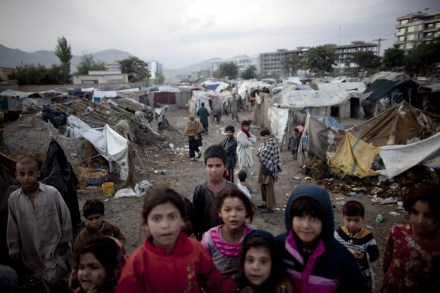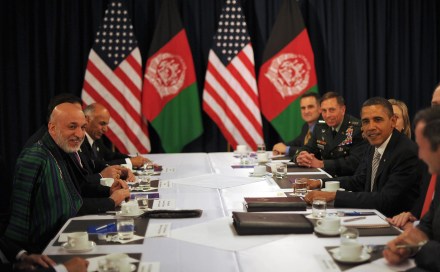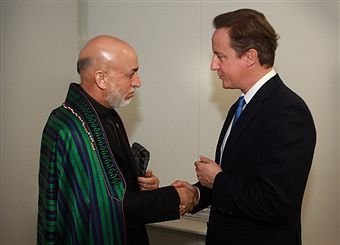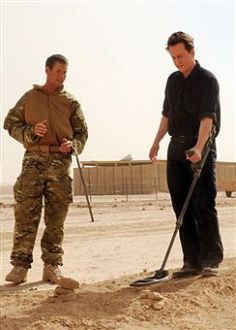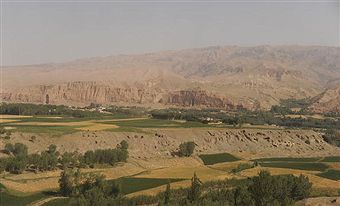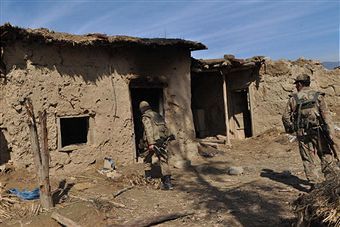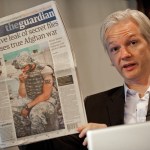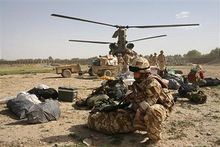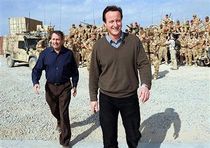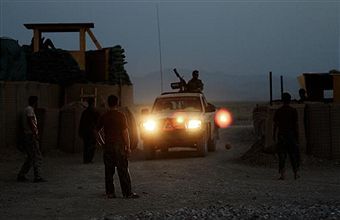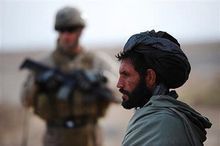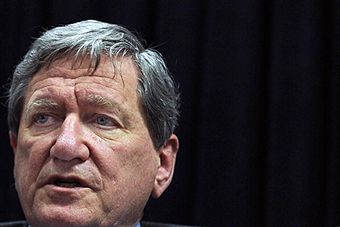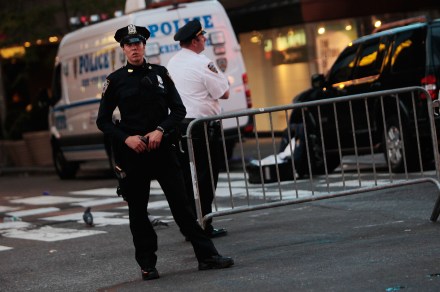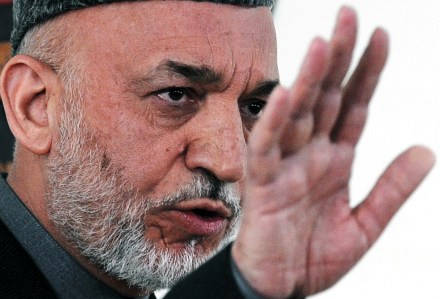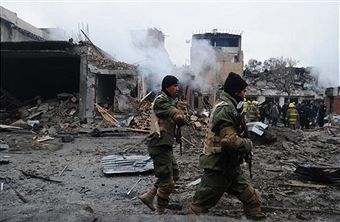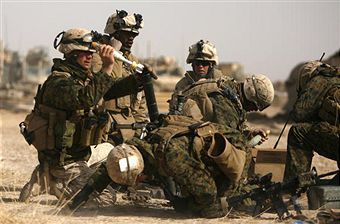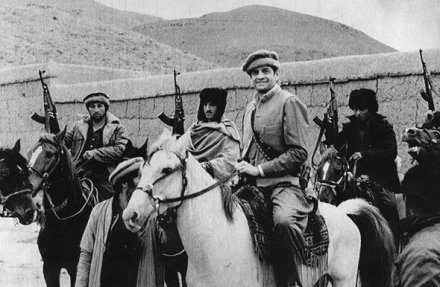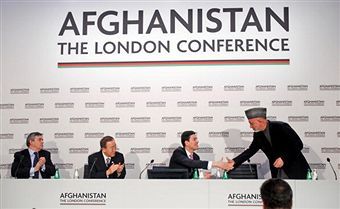Help for Helmand
With 2011 promising to be another difficult year in Afghanistan, my friend Alex Strick van Linschoten – a noted scholar of the region – has decided to do something to help. He is organising to get some charcoal to refugee families from Helmand, who have fled the fighting between NATO and the Taliban and now live at a makeshift refugee camp just outside Kabul City. Like millions of refugees, the people at the camp have seen things they will rarely forget: “The sight of a woman’s hair entangled in the mulberry branches, her legs strewn far away in the dirt. Or the sounds they heard as they hid in an underground hole, counting the bombs to
